Photos Into Cartoons
- caricature /
- Photos Into Cartoons
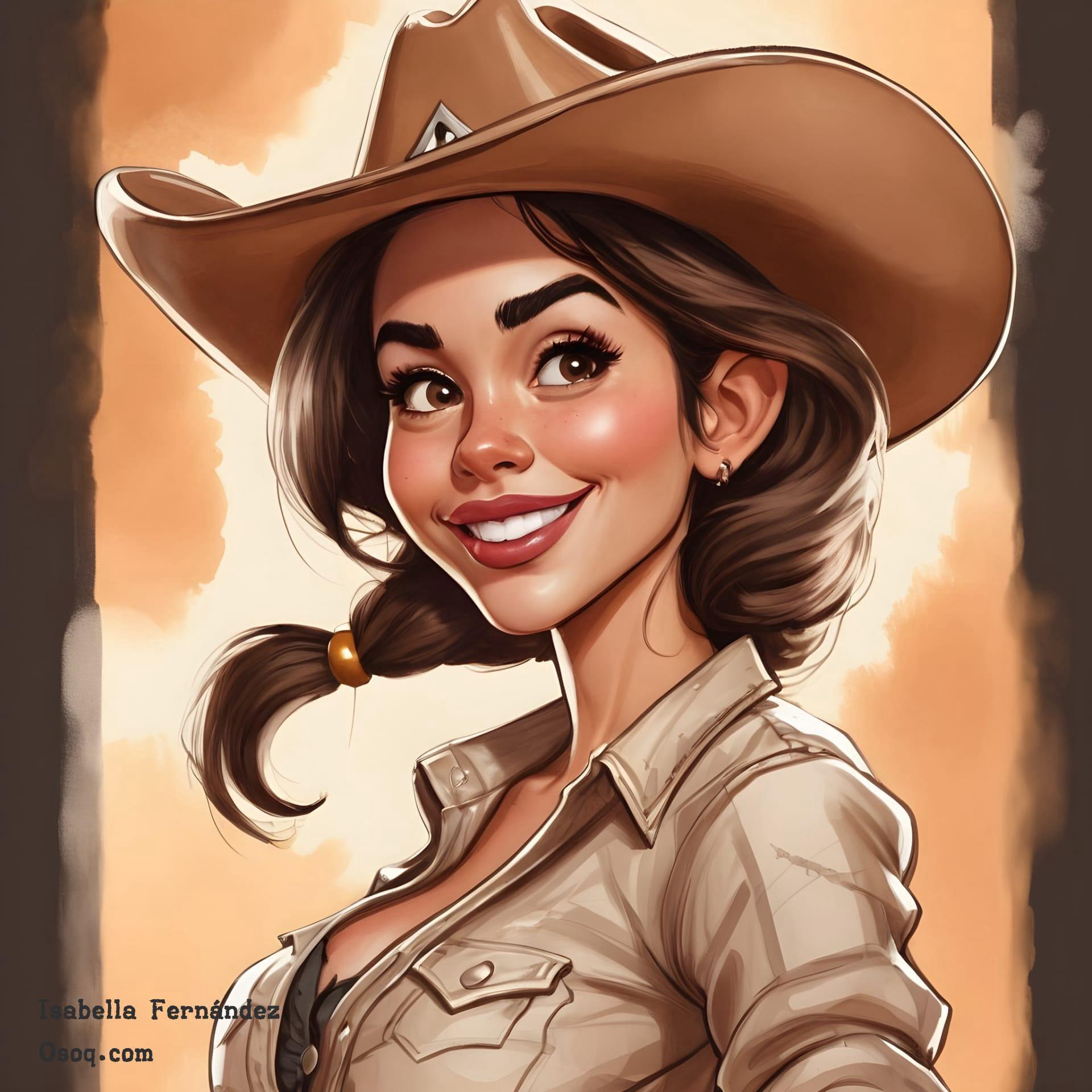
Converting photos into cartoons is a creative process that begins with selecting the right image. The image's composition, clarity, and subject matter significantly impact the final cartoon's quality.
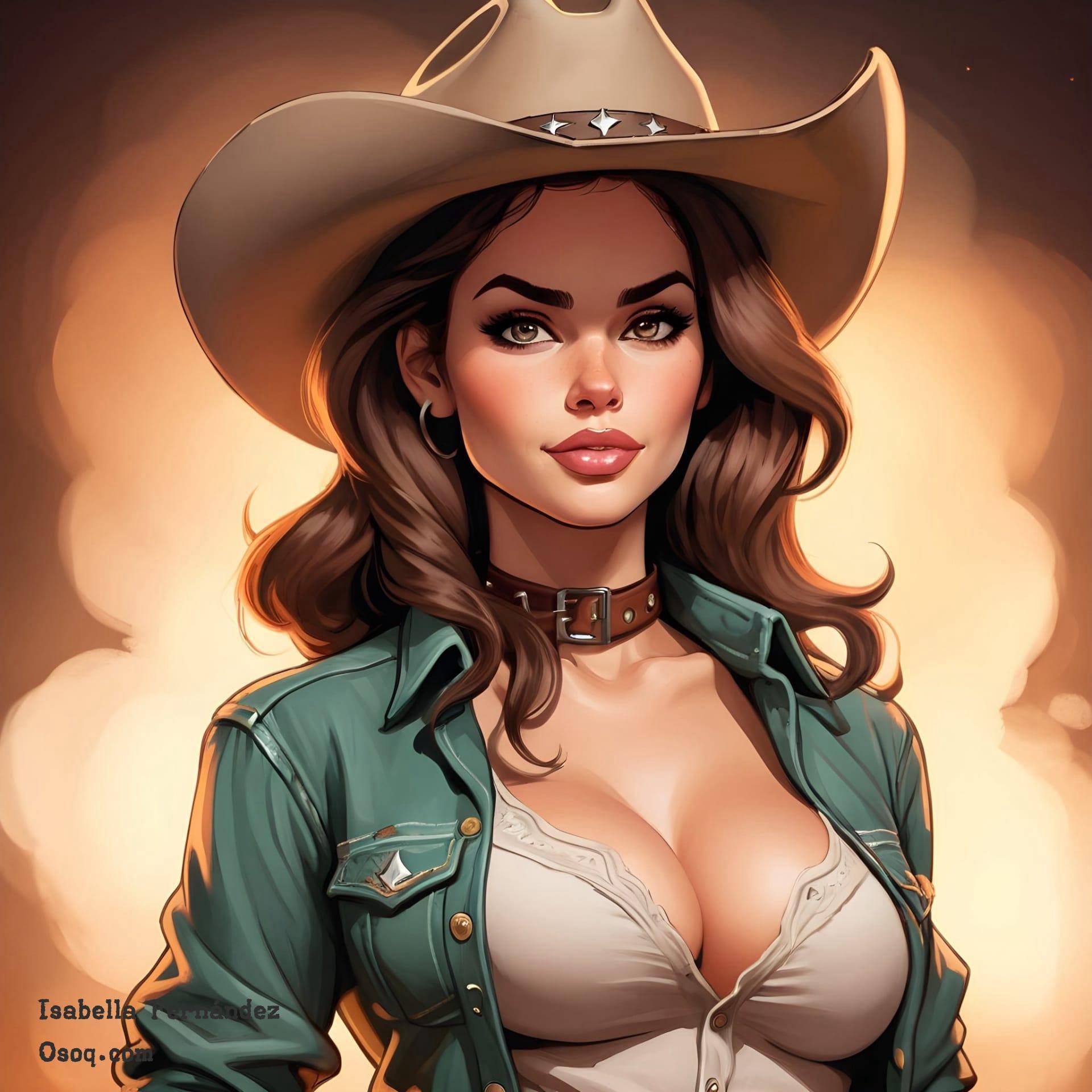
When transforming photos into cartoons, artists often exaggerate features to enhance humor or expressiveness. This might include enlarging eyes or altering proportions for a more dramatic effect.
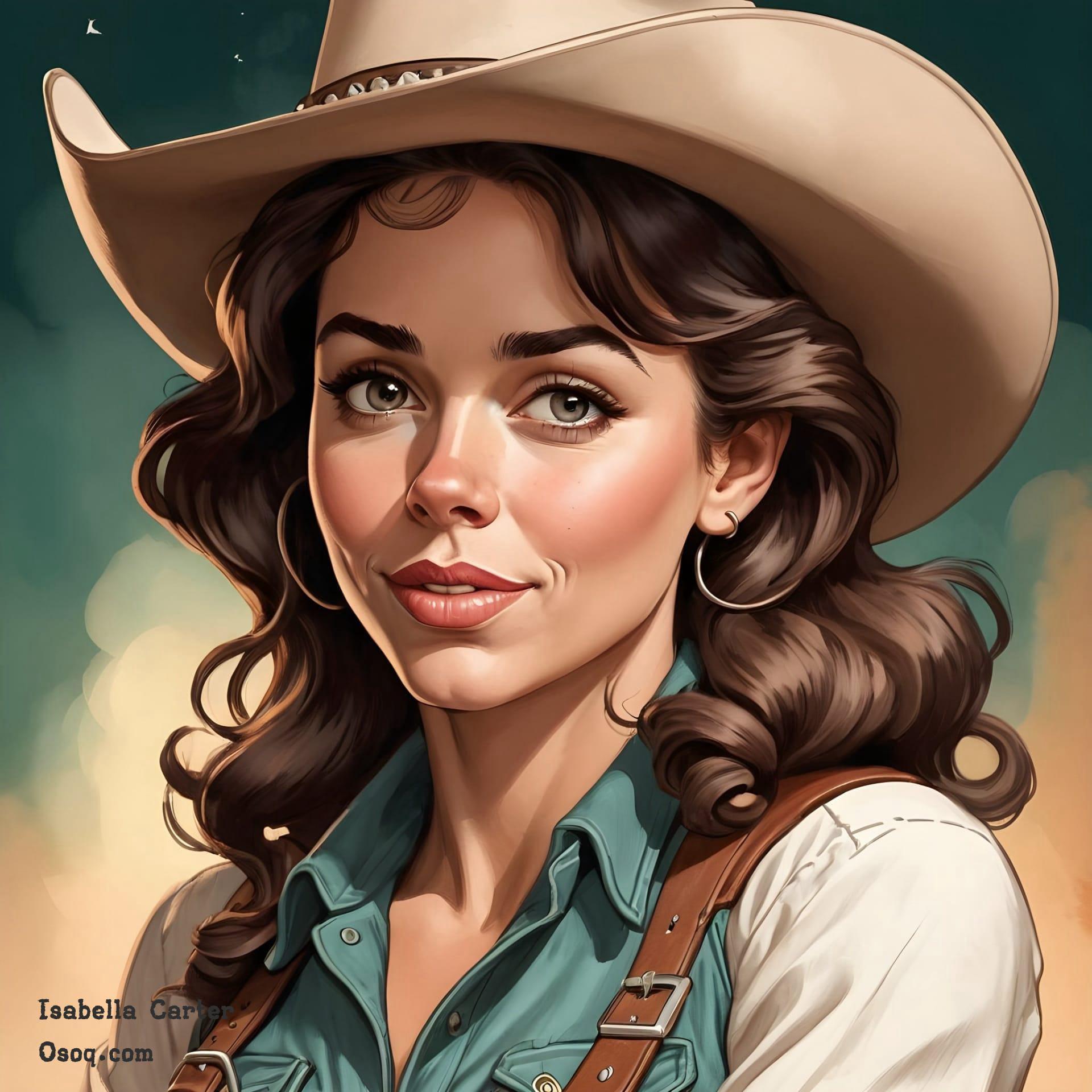
Color palettes in cartooning are usually brighter and more vibrant than in the original photos. This helps convey emotions and sets a lively mood.
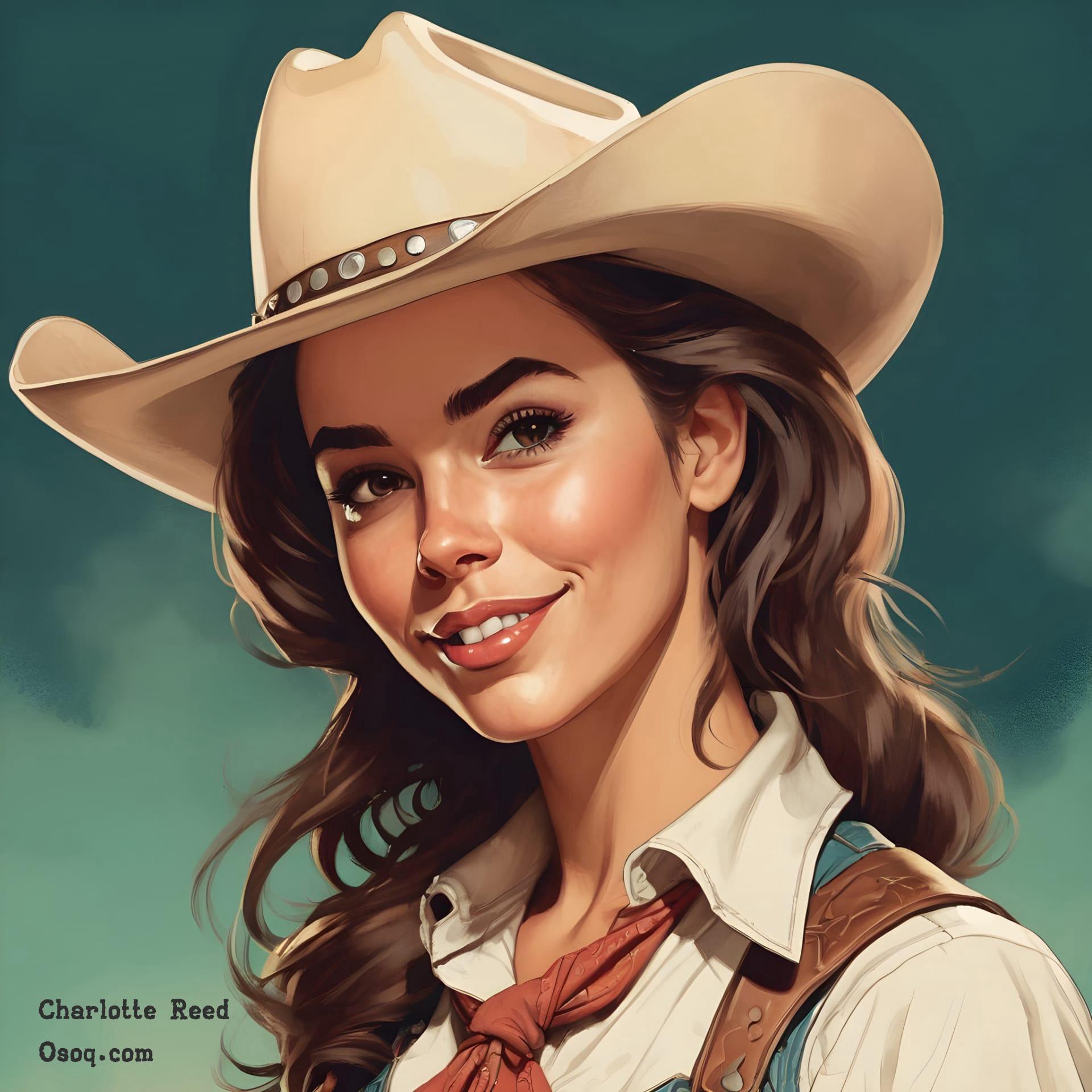
The software used for converting photos into cartoons often includes tools for smoothing out textures, which simplifies the details and gives a clean, stylized look.
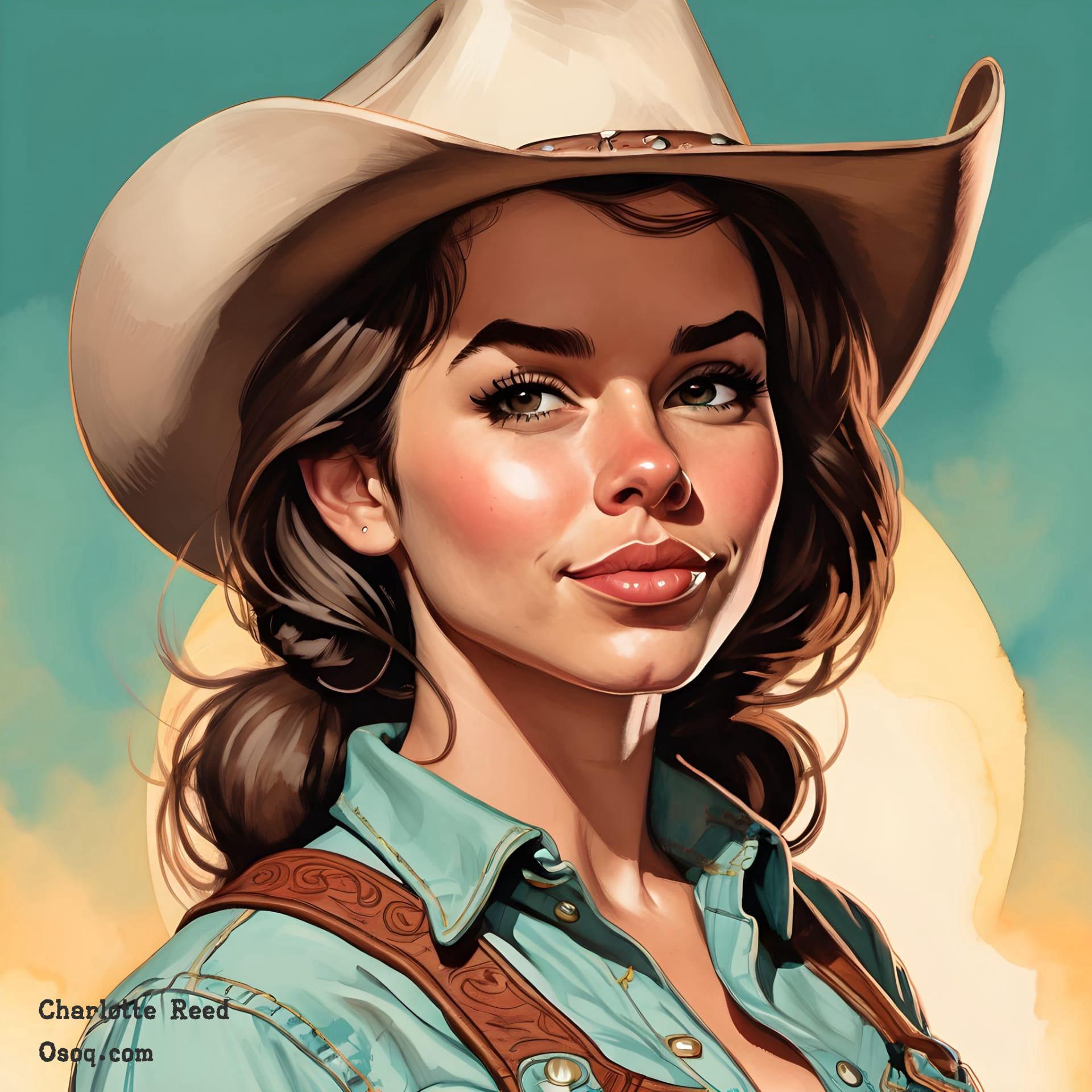
Timing is crucial in cartoon animations. When photos are used as a base, understanding the timing of movements helps in creating fluid animations that feel lifelike.
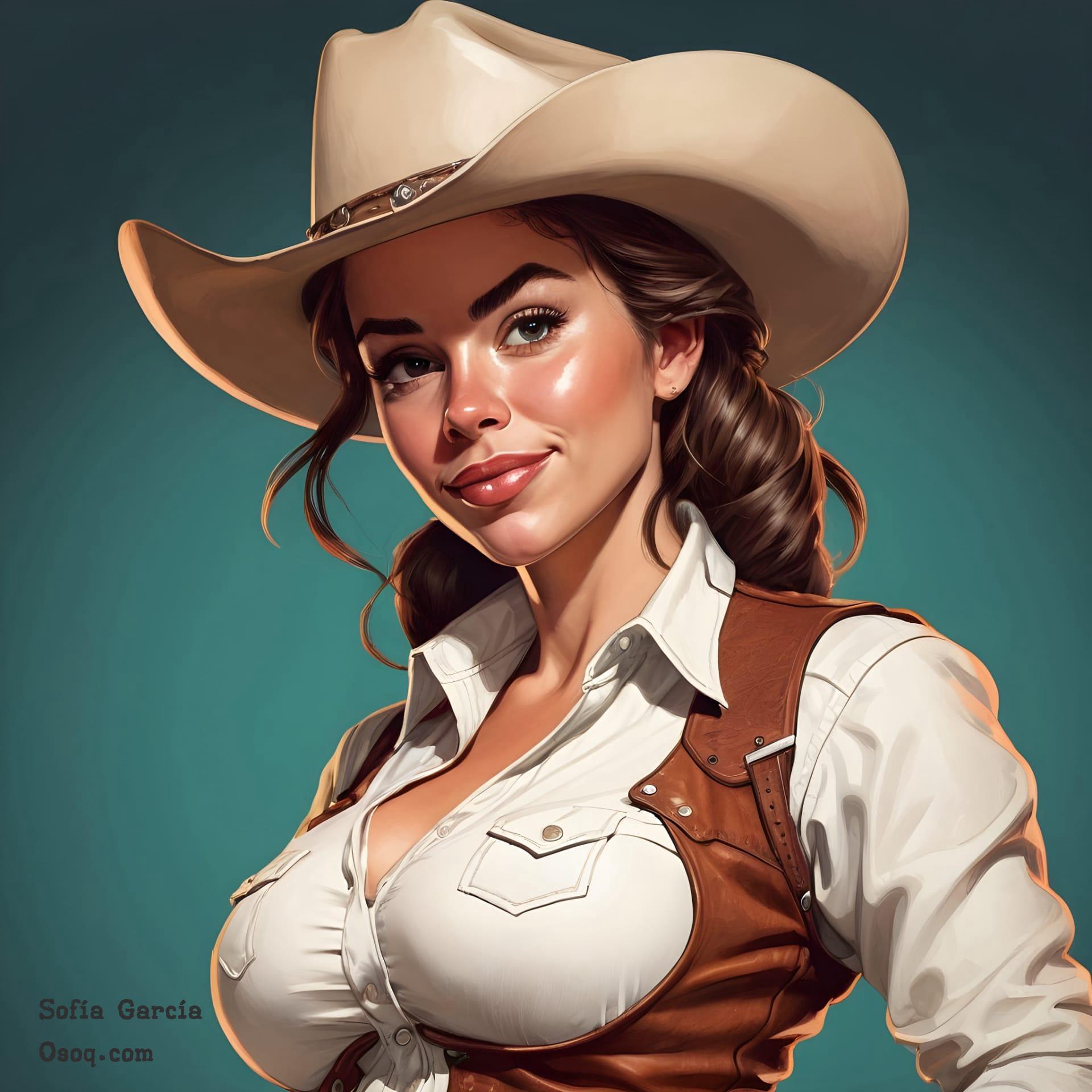
Backgrounds in cartoons are generally less detailed than in the original photos. This helps to keep the focus on the main characters and action.
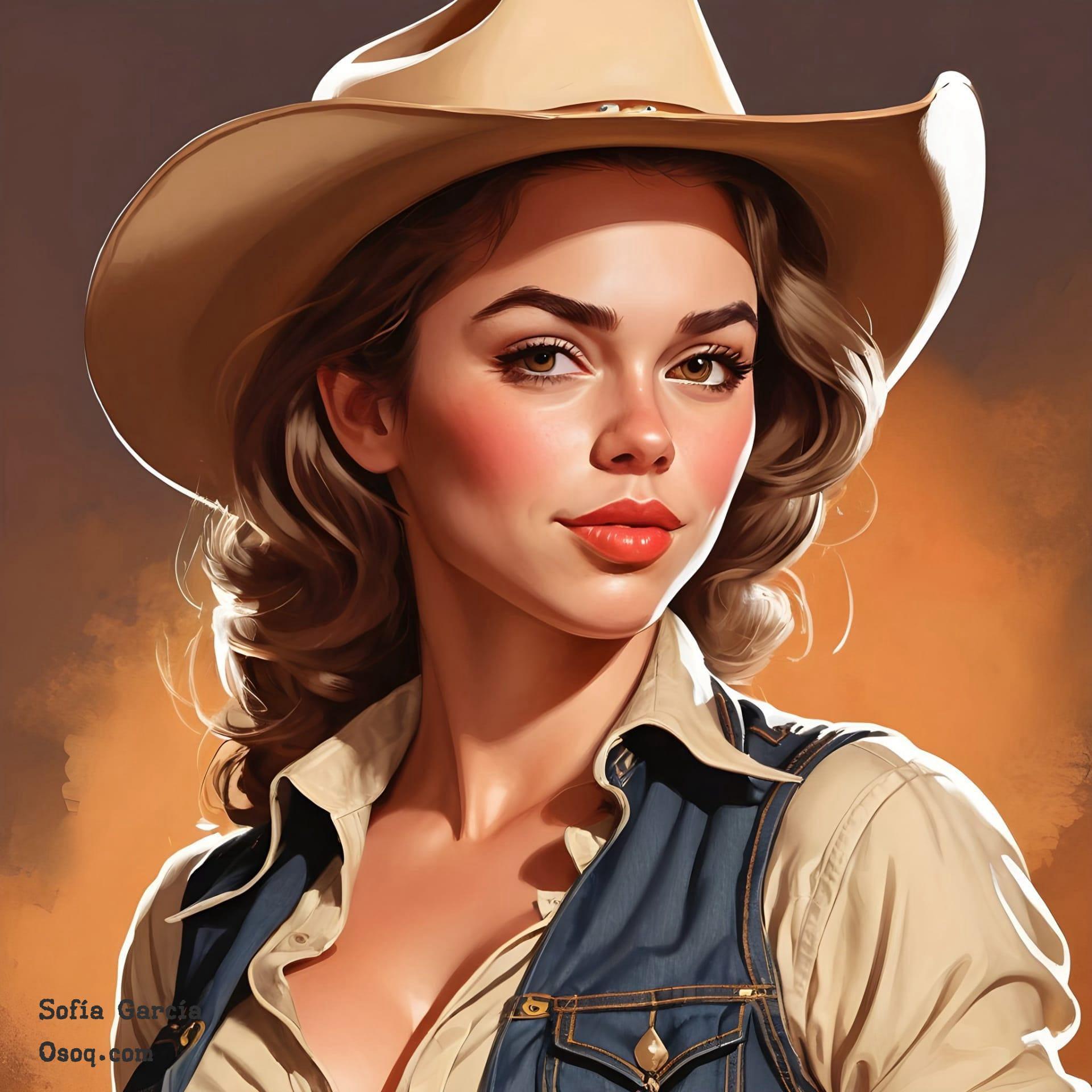
Photos into cartoons can also be a way of storytelling. By altering real images, artists can create fantastical scenarios that convey messages or jokes.
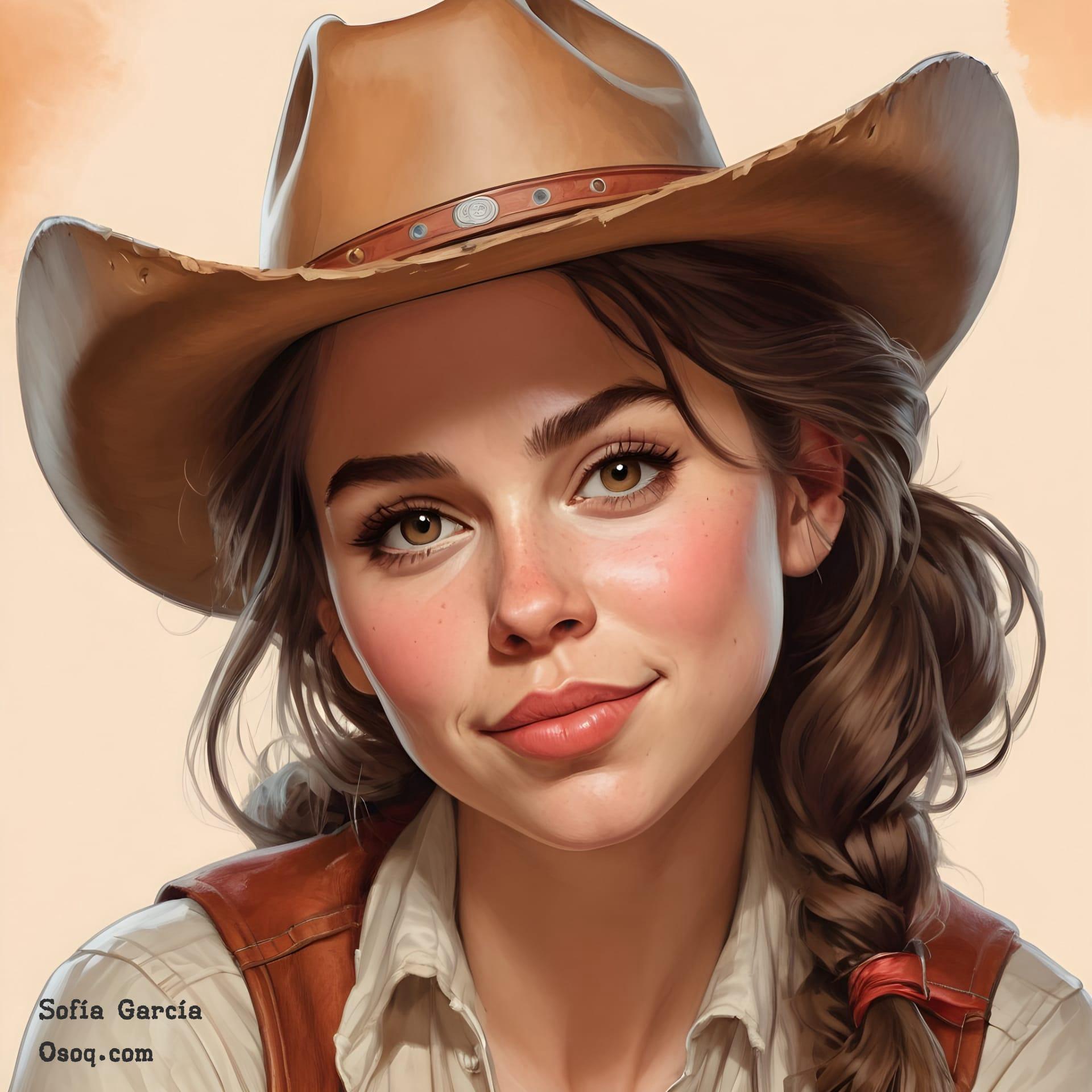
In some cases, photos are manually traced by artists to create a cartoon. This method allows for personal touches and unique styles that software can't replicate.
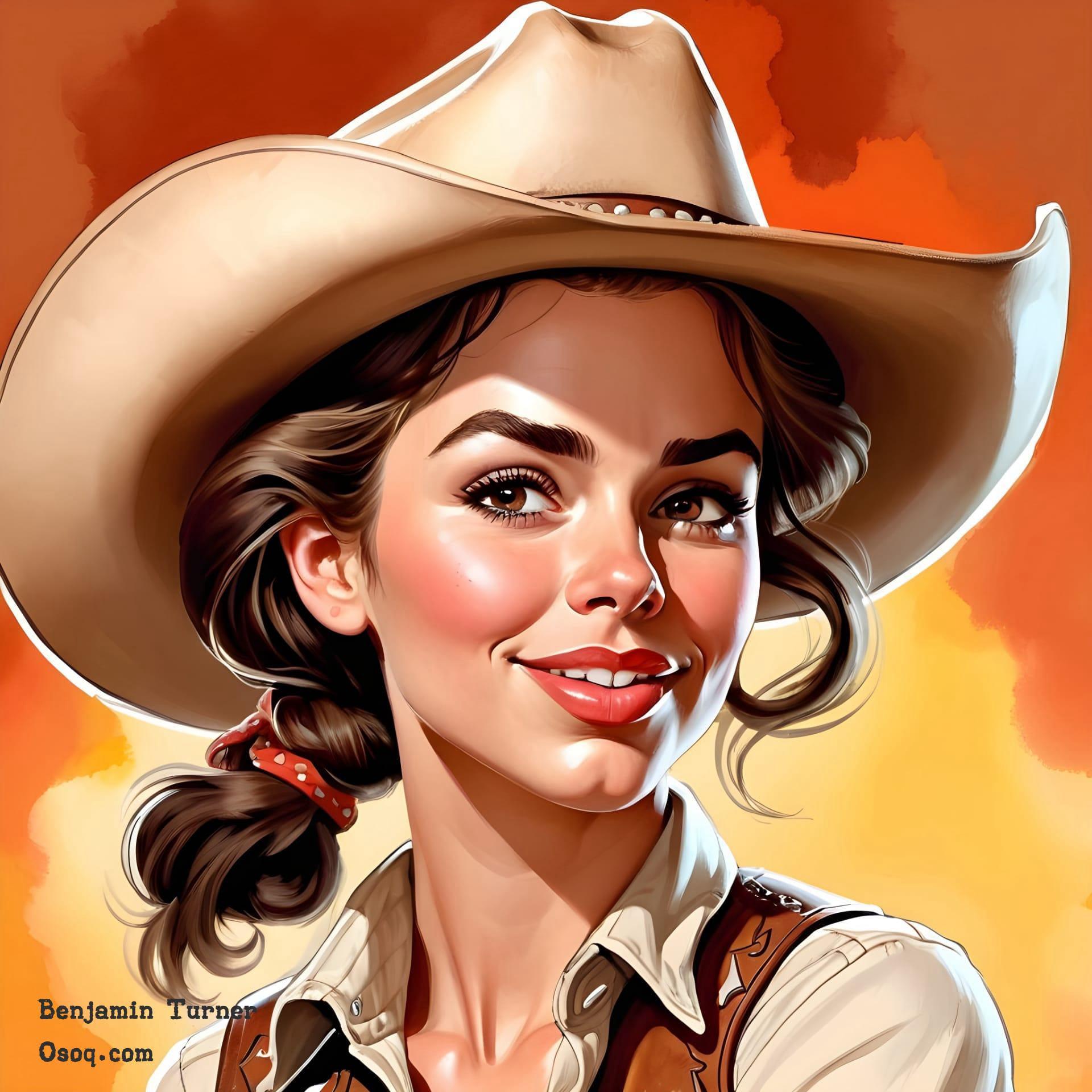
Shadows and highlights in cartoons are often stylized and less realistic than in photos. This is to maintain a consistent light source and enhance the visual impact.
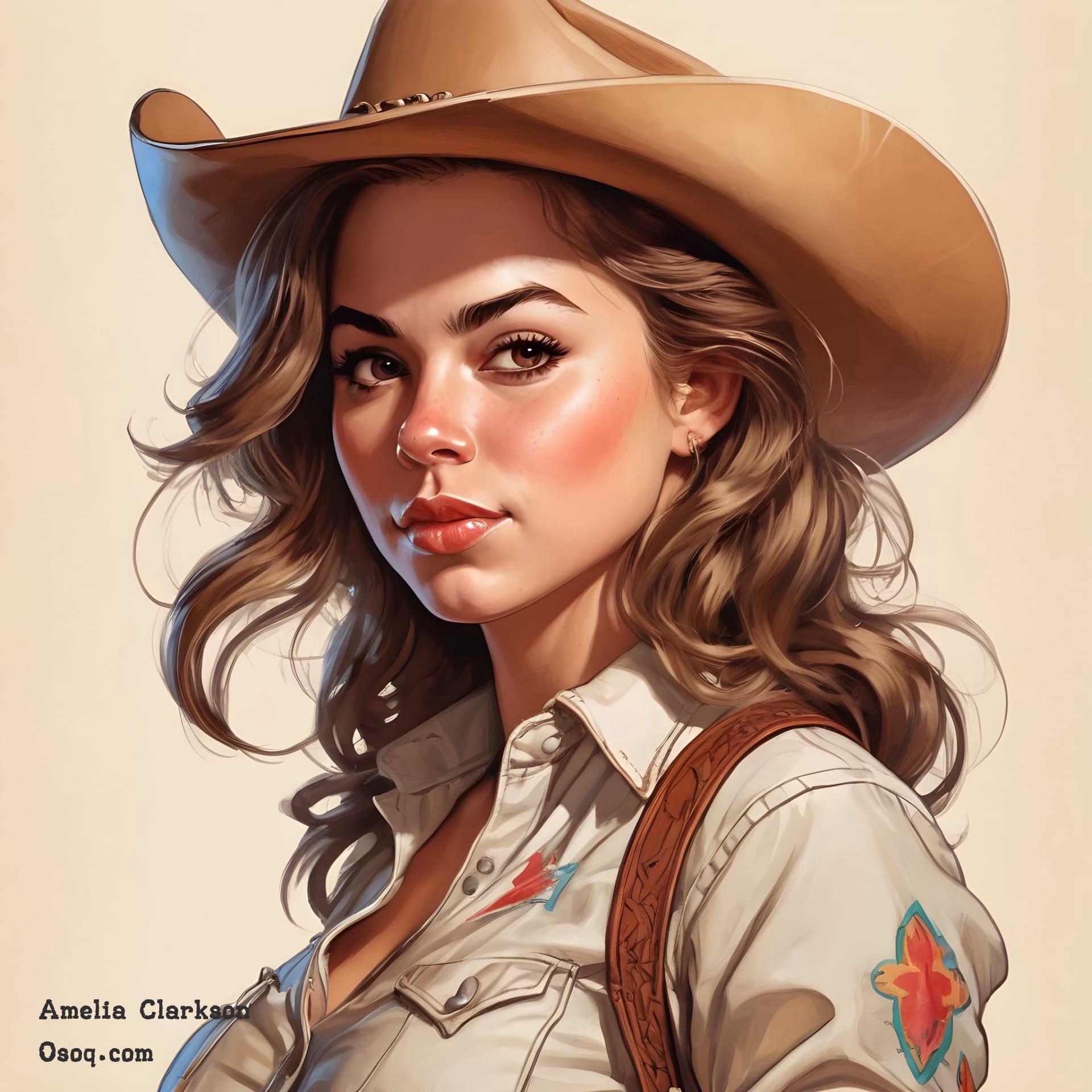
The expression of emotions in cartoons is generally more exaggerated than in photos to clearly communicate feelings to the audience.
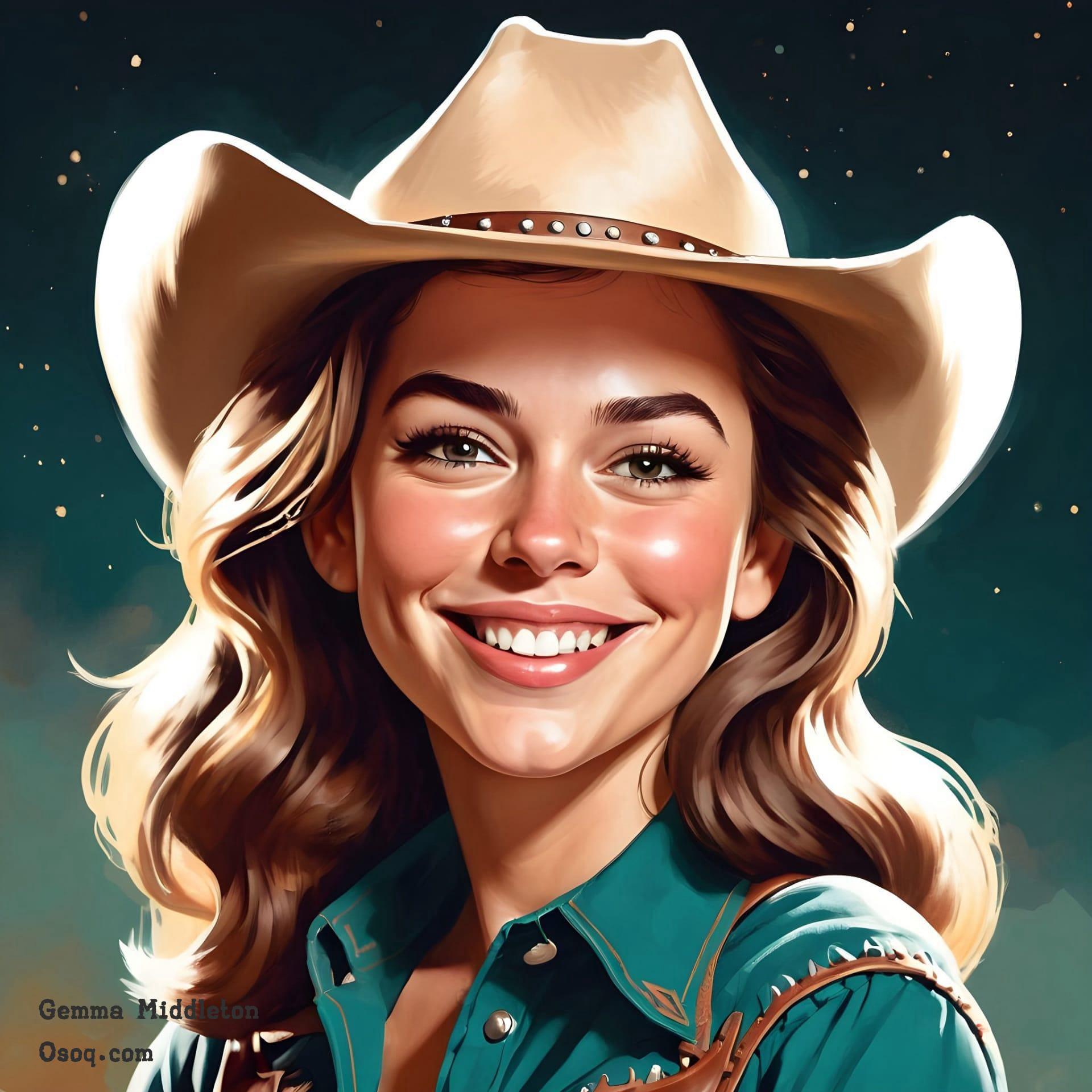
Photos into cartoons transformation can be used in educational content, making learning more engaging for younger audiences.
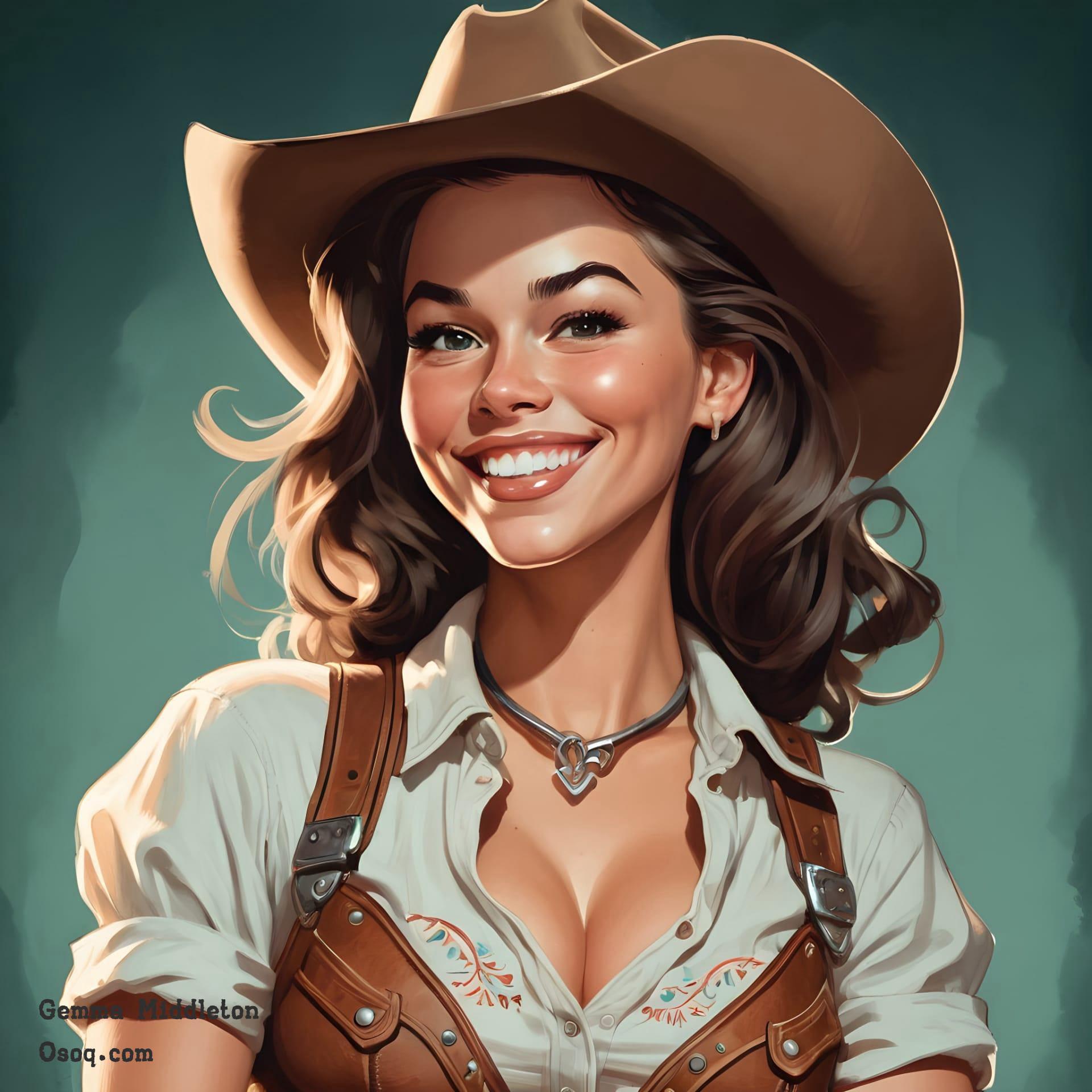
Copyright considerations are important when using photos, especially if the cartoons are for commercial use. Always ensure you have the right to transform the original image.
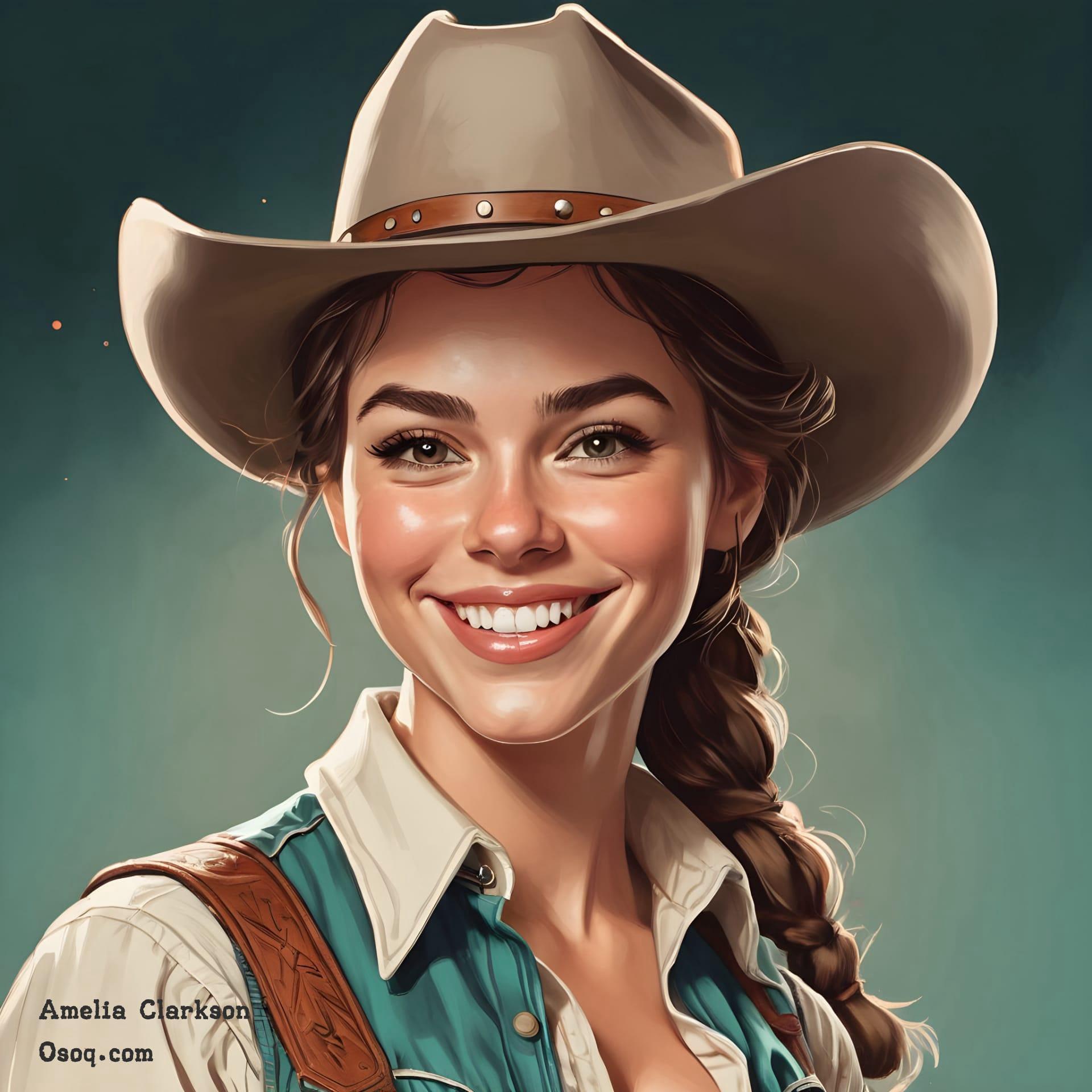
Some cartoons are interactive, especially in digital media. Turning photos into cartoons can add an interactive element to websites or apps.
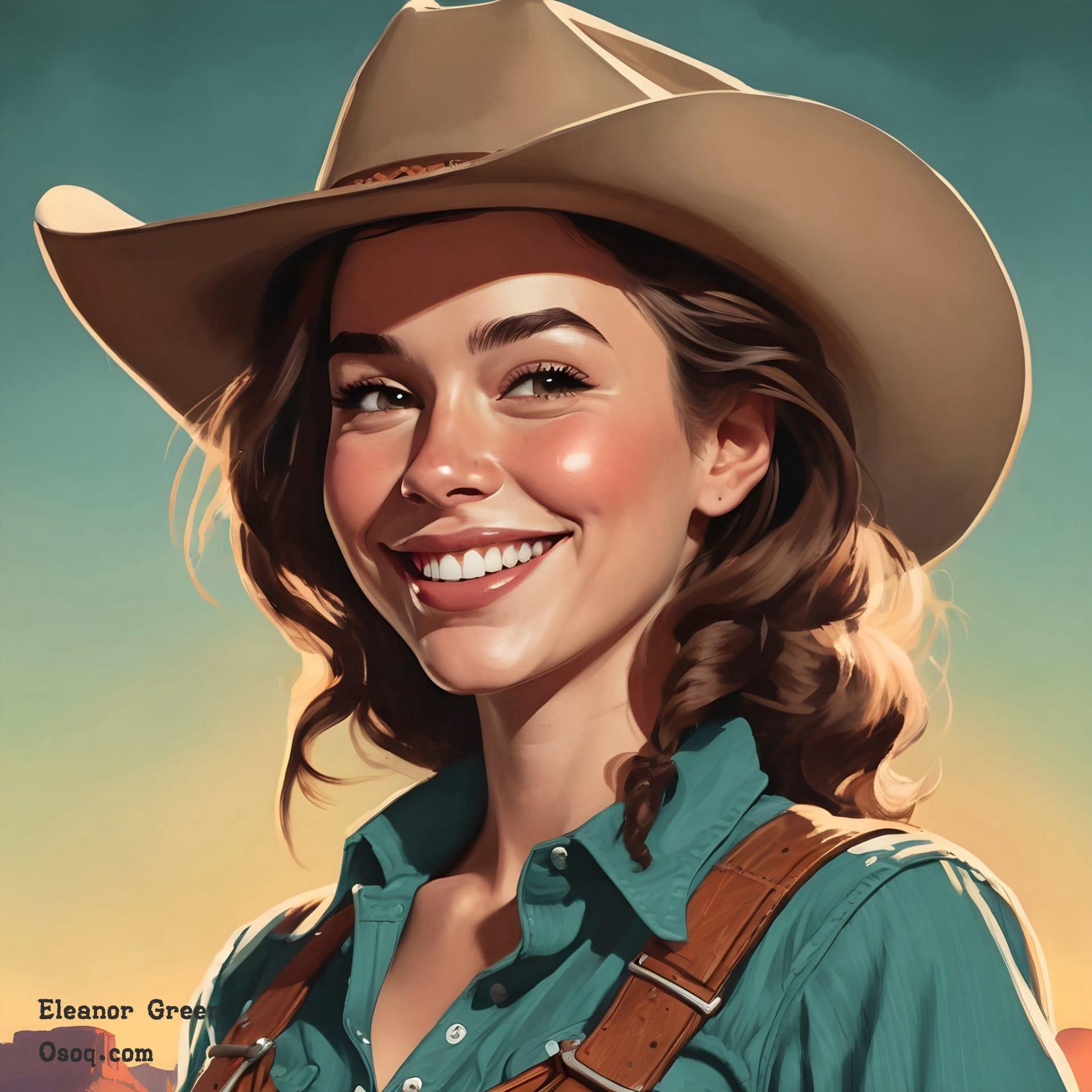
Technology has evolved to allow AI to assist in converting photos into cartoons, speeding up the process and making it accessible to more people.
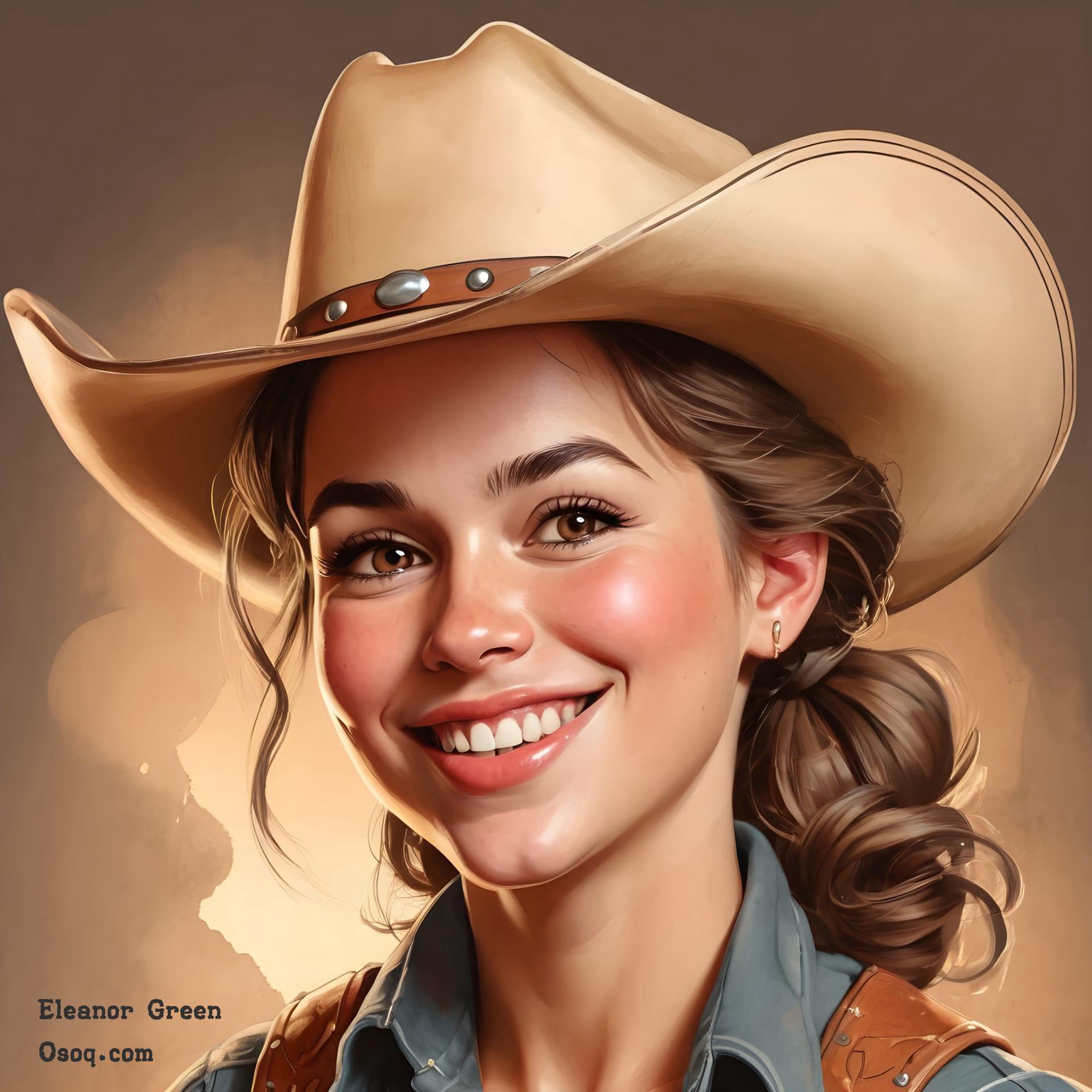
Artists often maintain a library of cartoon elements like eyes, mouths, and hands to speed up the cartooning process when working from photos.
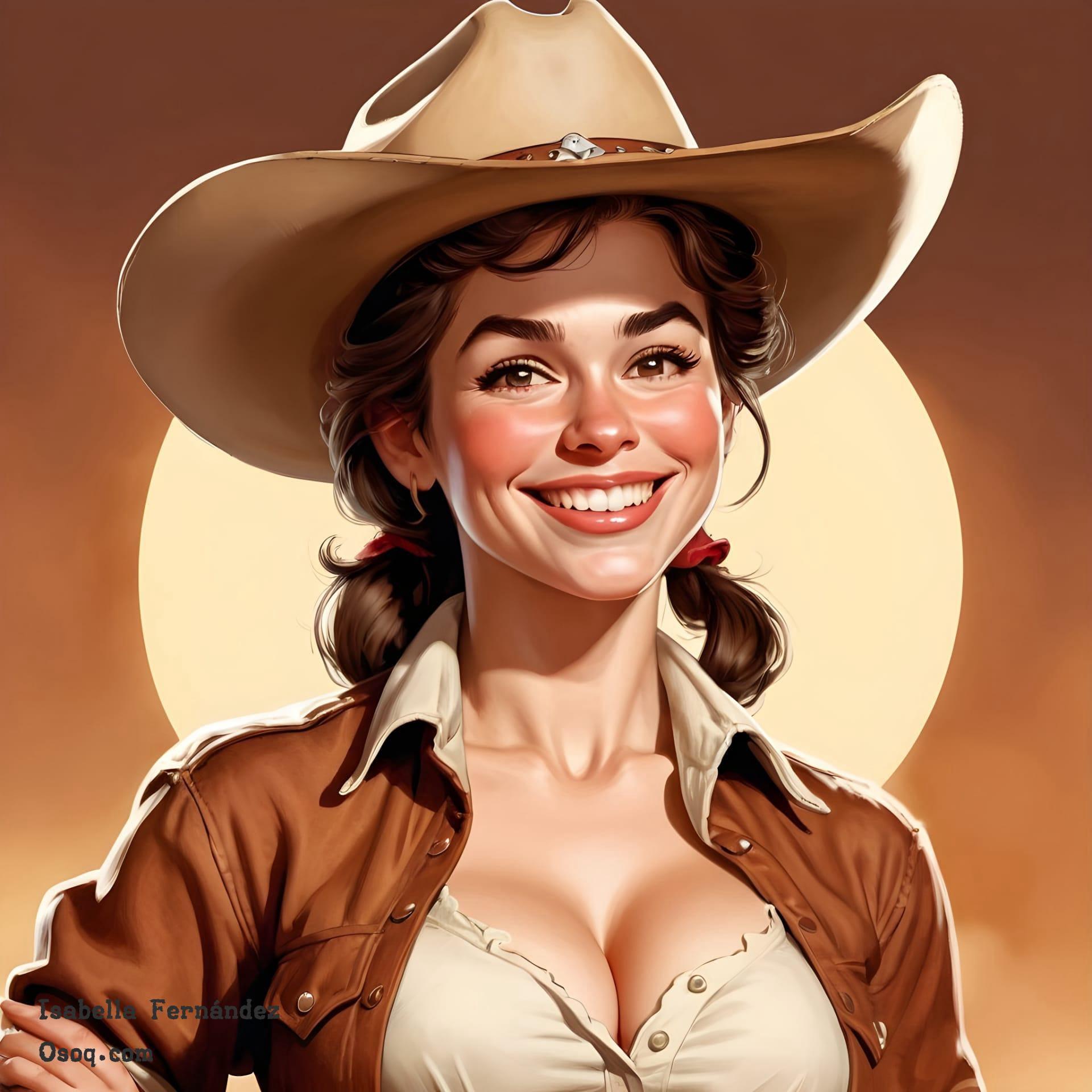
The choice of tools can vary widely in this field, from simple sketching apps to advanced software that automatically applies cartoon effects to photos.
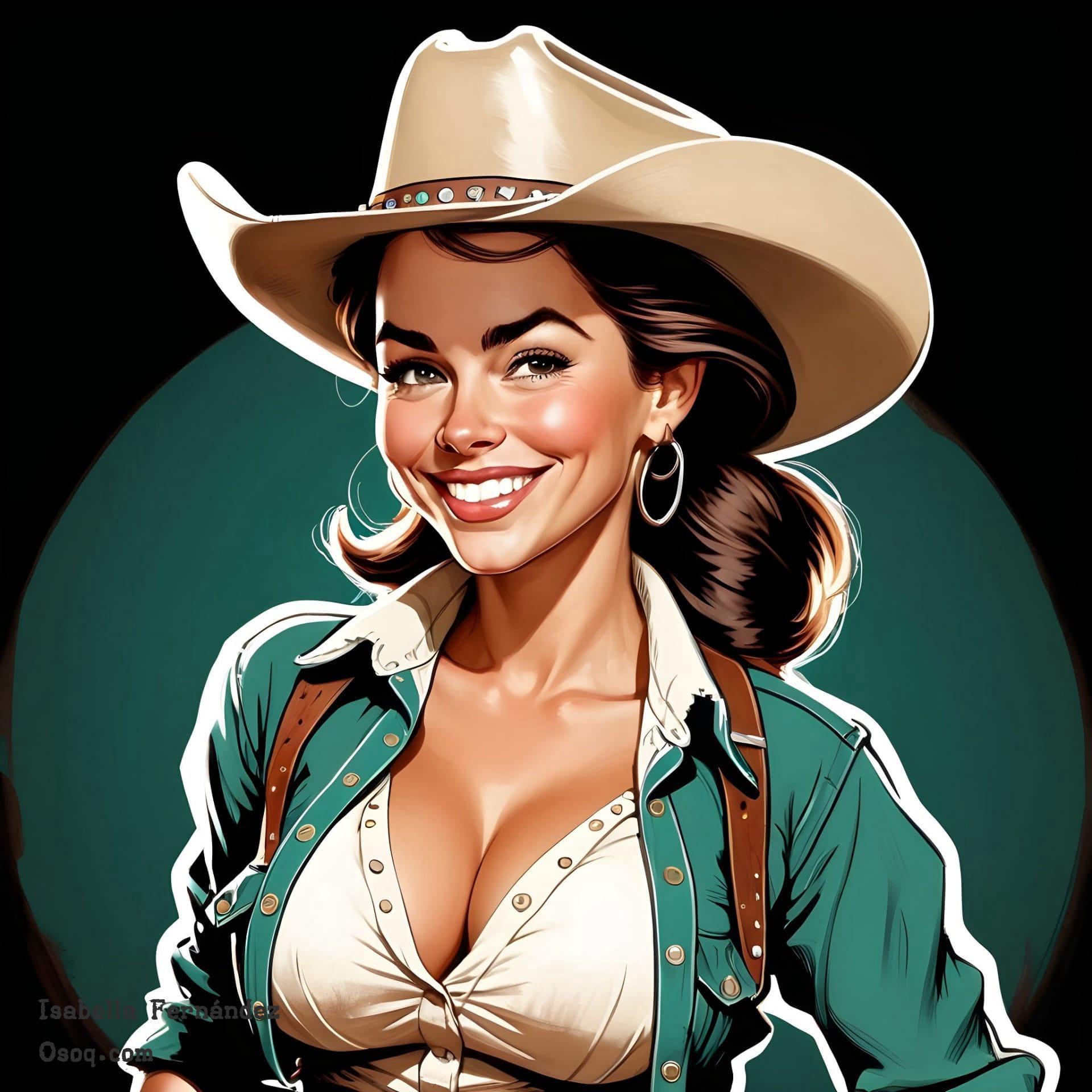
Photos into cartoons isn't just about replication; it's about interpretation. Artists decide which elements to emphasize or downplay to fit the cartoon's tone.
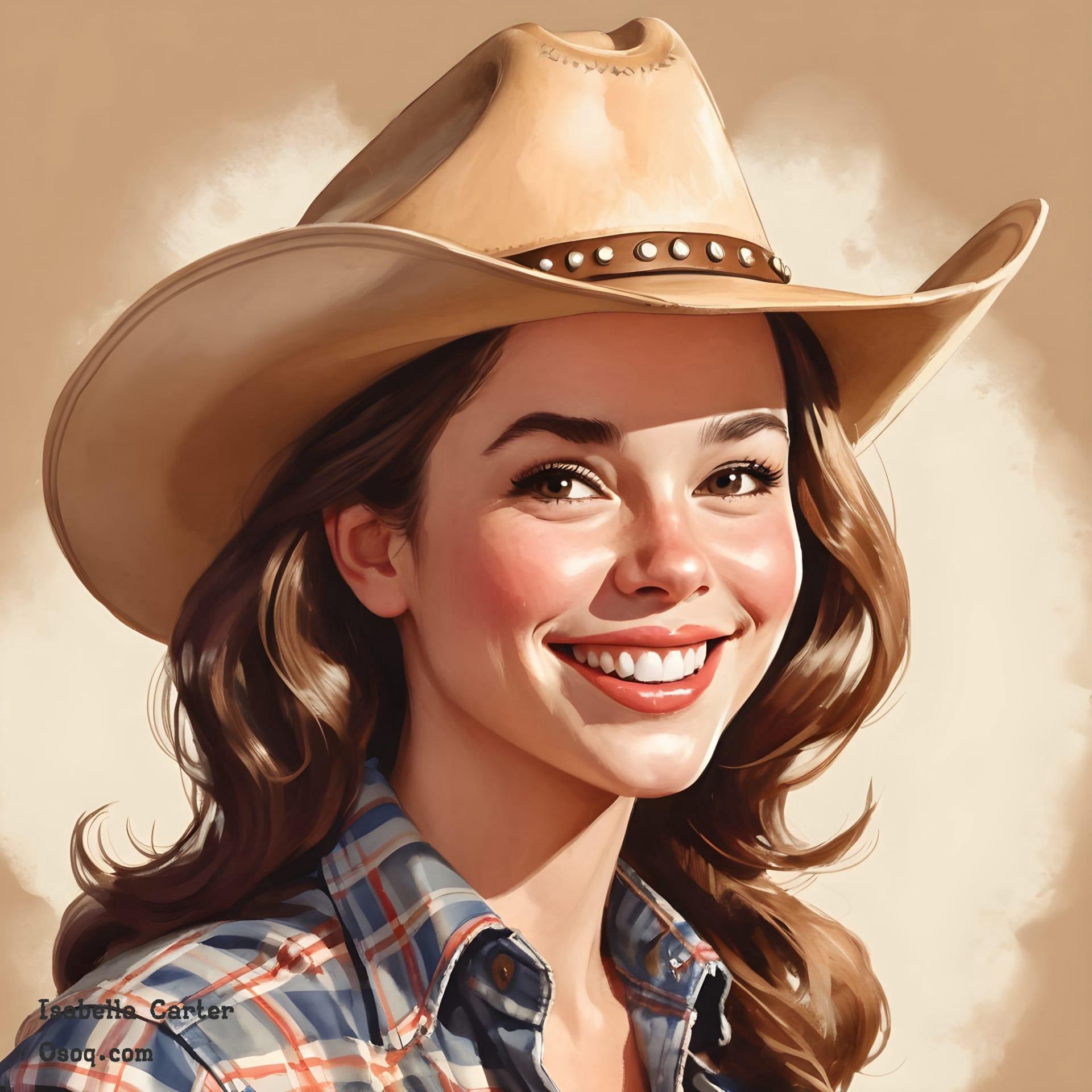
Cultural elements can also be incorporated into cartoons, making them relatable to a specific audience or conveying cultural stories through familiar visuals.
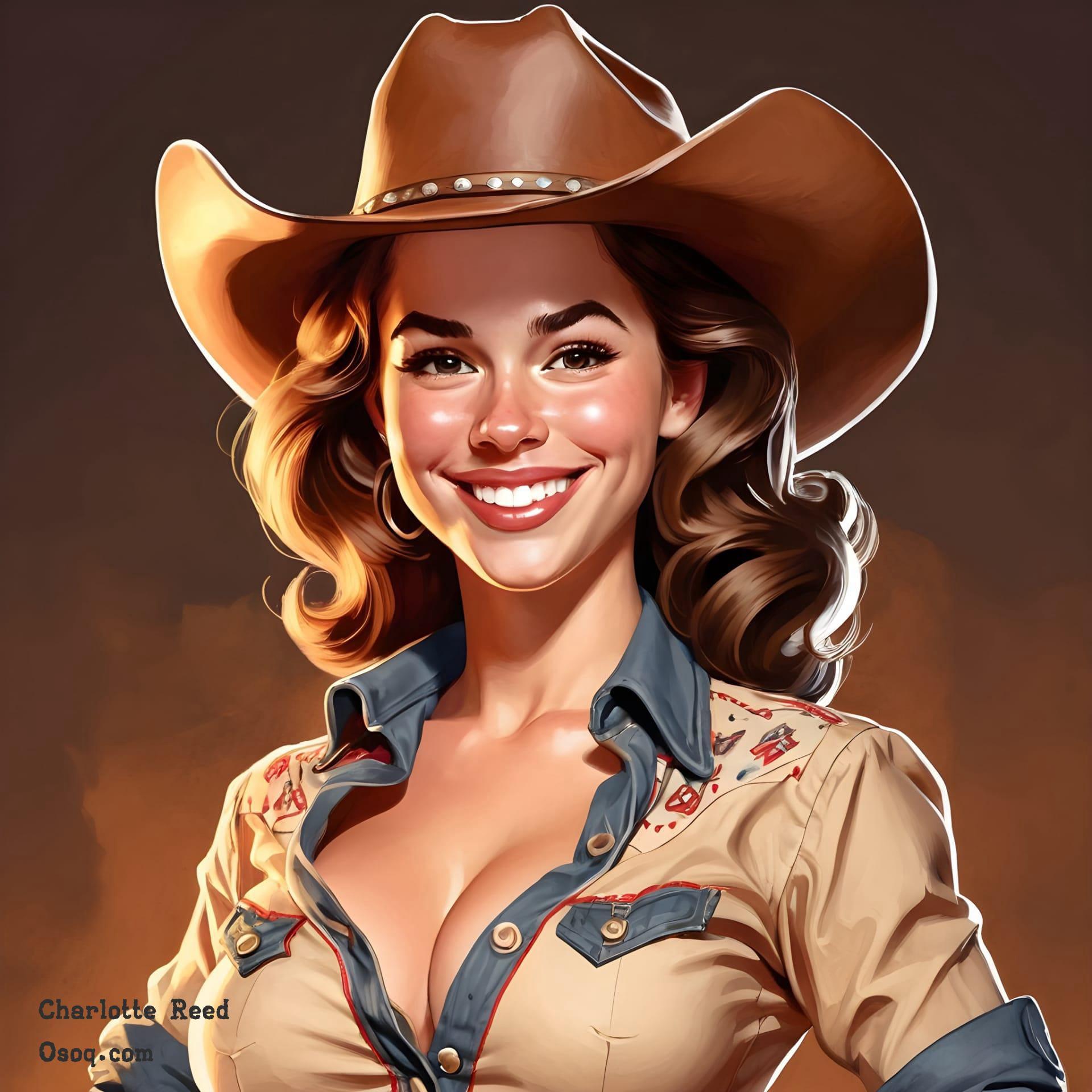
Feedback from viewers can help refine the cartooning process. What works in a photo might not always translate well into a cartoon format.
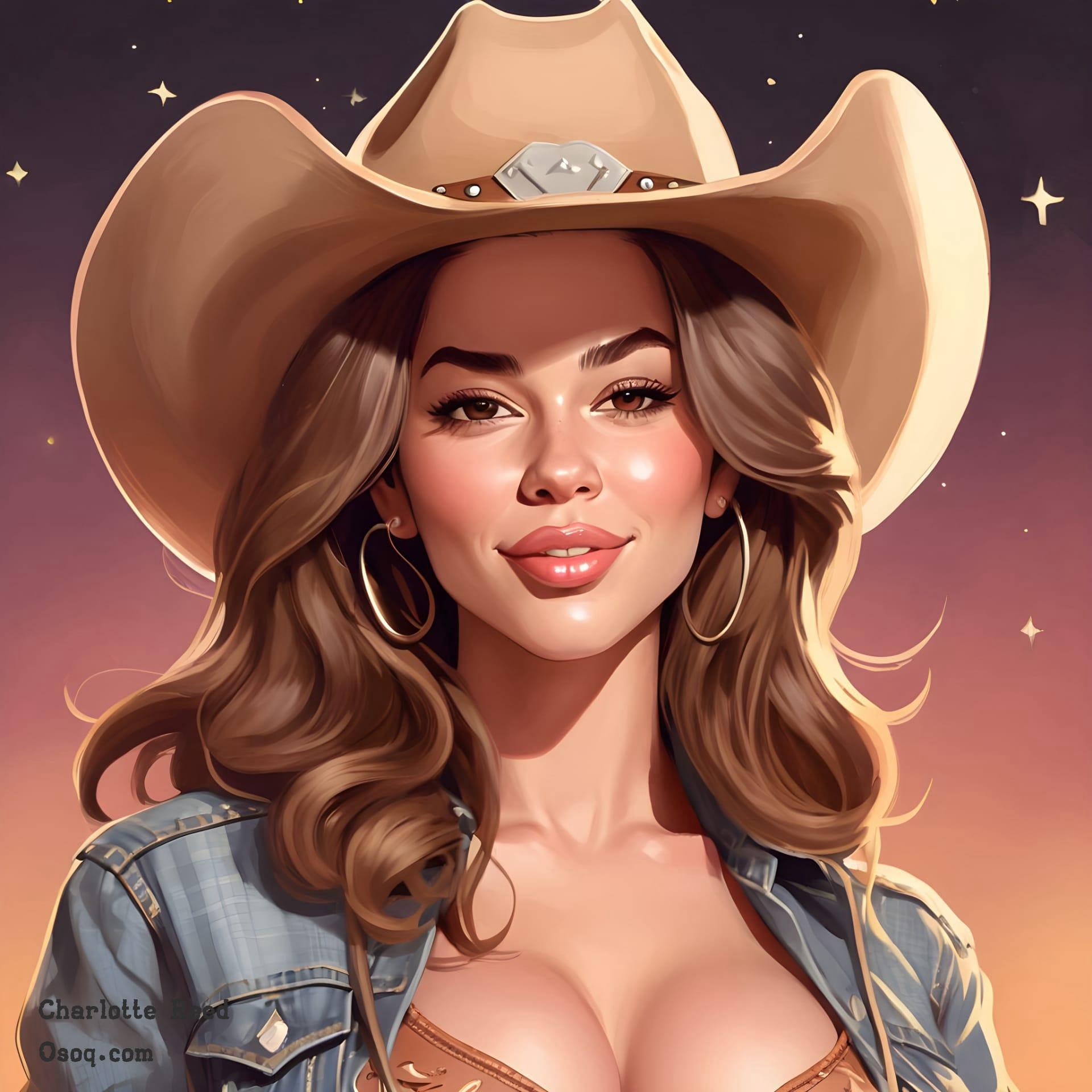
The trend of turning photos into cartoons has grown with social media, where personalized cartoon avatars and humorous edits are popular.